
New Programme to Tackle NHS Bullying, Harassment and Abuse Announced
A 16-month programme aimed at closing the ethnicity gap in bullying, harassment and abuse claims has been announced by the NHS Race and Health Observatory.
Comment and analysis on key issues on ethnic health inequalities in health and social care.

A 16-month programme aimed at closing the ethnicity gap in bullying, harassment and abuse claims has been announced by the NHS Race and Health Observatory.
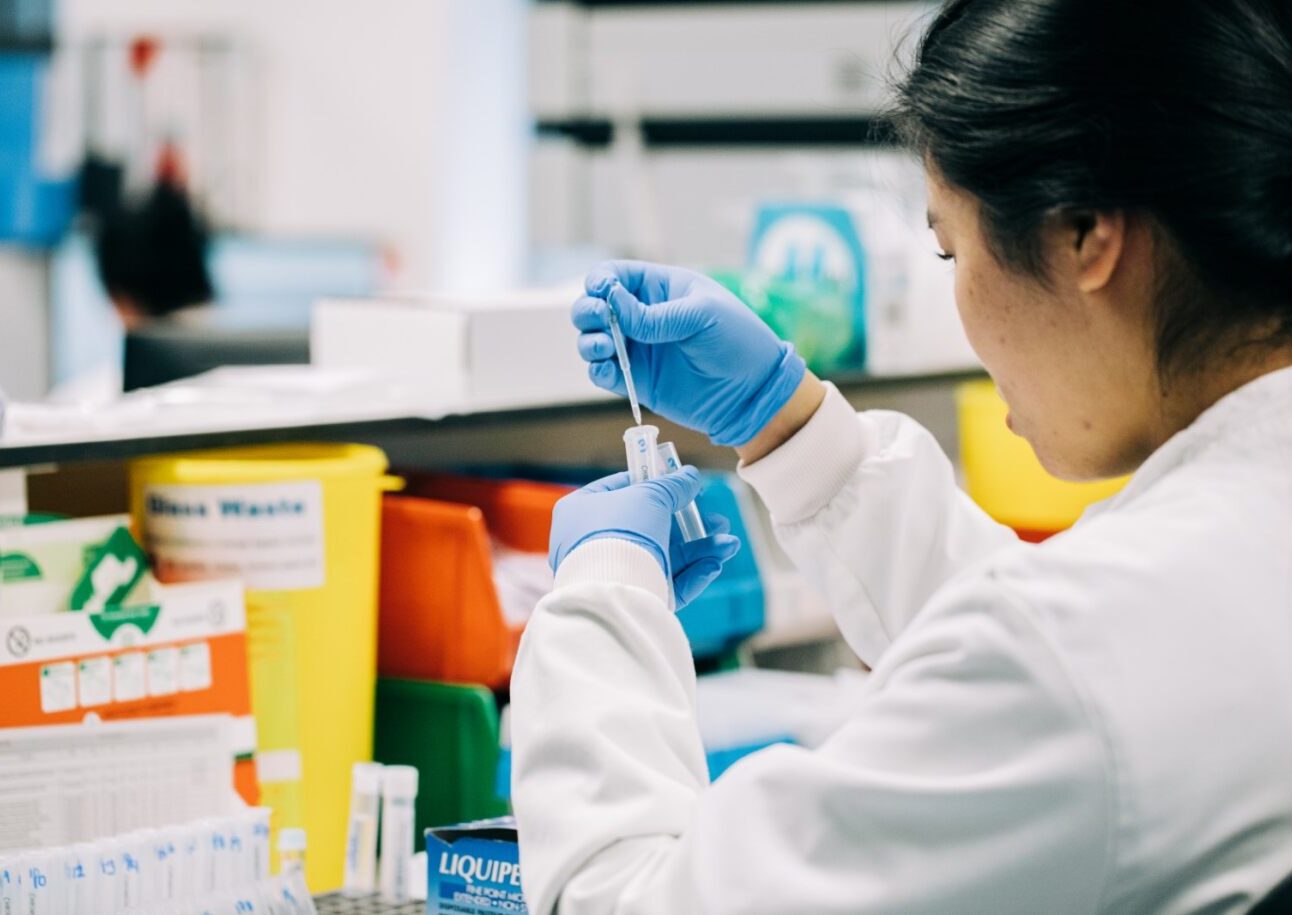
A strategic partnership with the NHS North Thames Genomic Medicine Service (NT GMS) designed to ensure better access, understanding and information to genomic medicine and research has been announced by the NHS Race and Health Observatory.
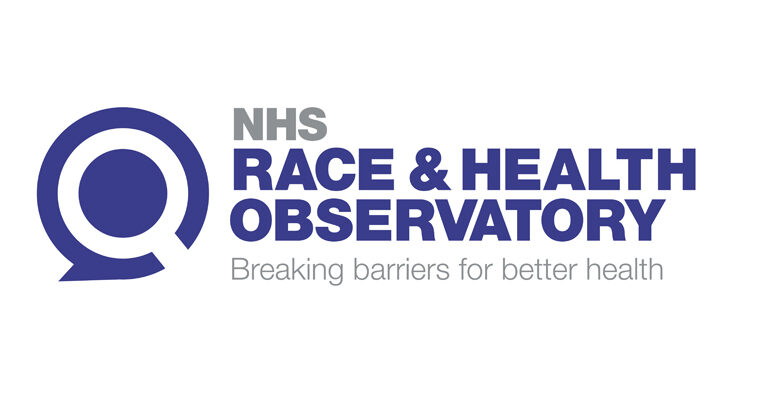
In the aftermath of Hurricane Melissa which has brought devastation across Jamaica, the NHS Race and Health Observatory extends its heartfelt condolences and unwavering support to all those affected.

Responding to the government’s new measures outlined to tackle antisemitism and racism across government and the NHS, Professor Habib Naqvi, chief executive of the NHS Race and Health Observatory, said:

An opportunity to work with us to review routes of access for dementia diagnosis and care services in England.
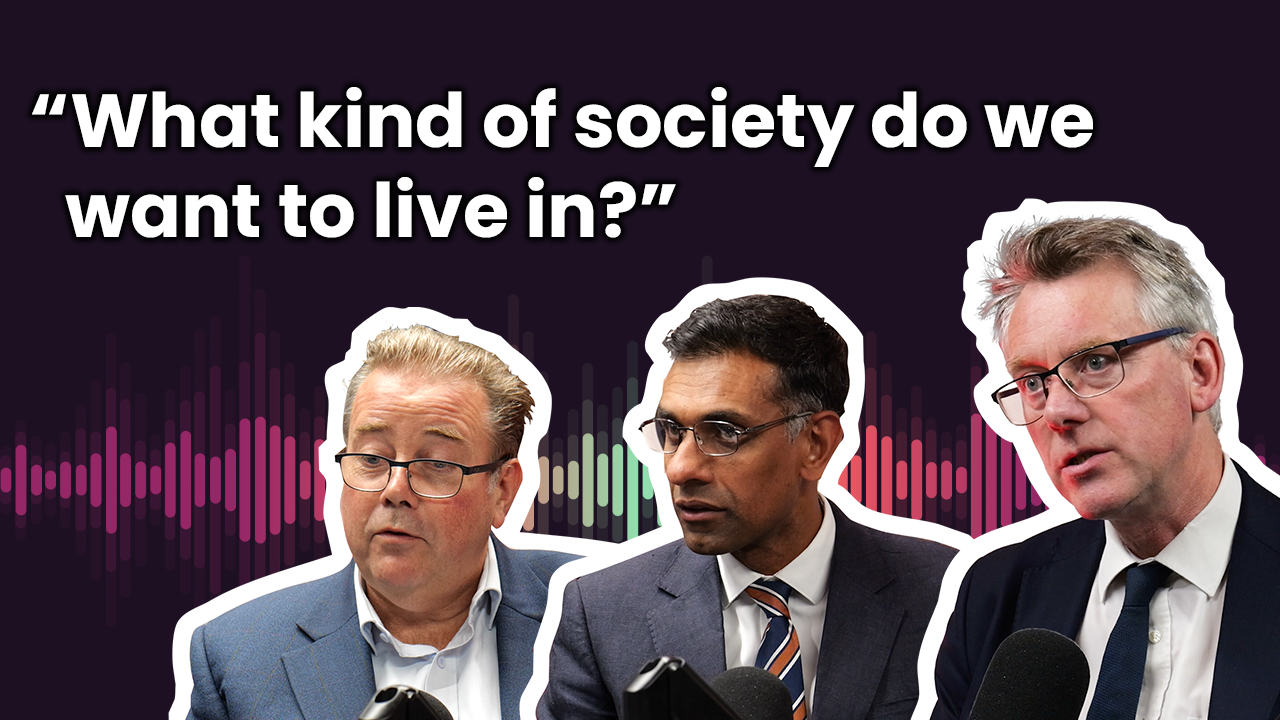
Professor Habib Naqvi, RHO chief executive speaks alongside Sir Julian Hartley, chief executive of the CQC and Charlie Massey, chief executive of the GMC on the Voices of Care podcast.
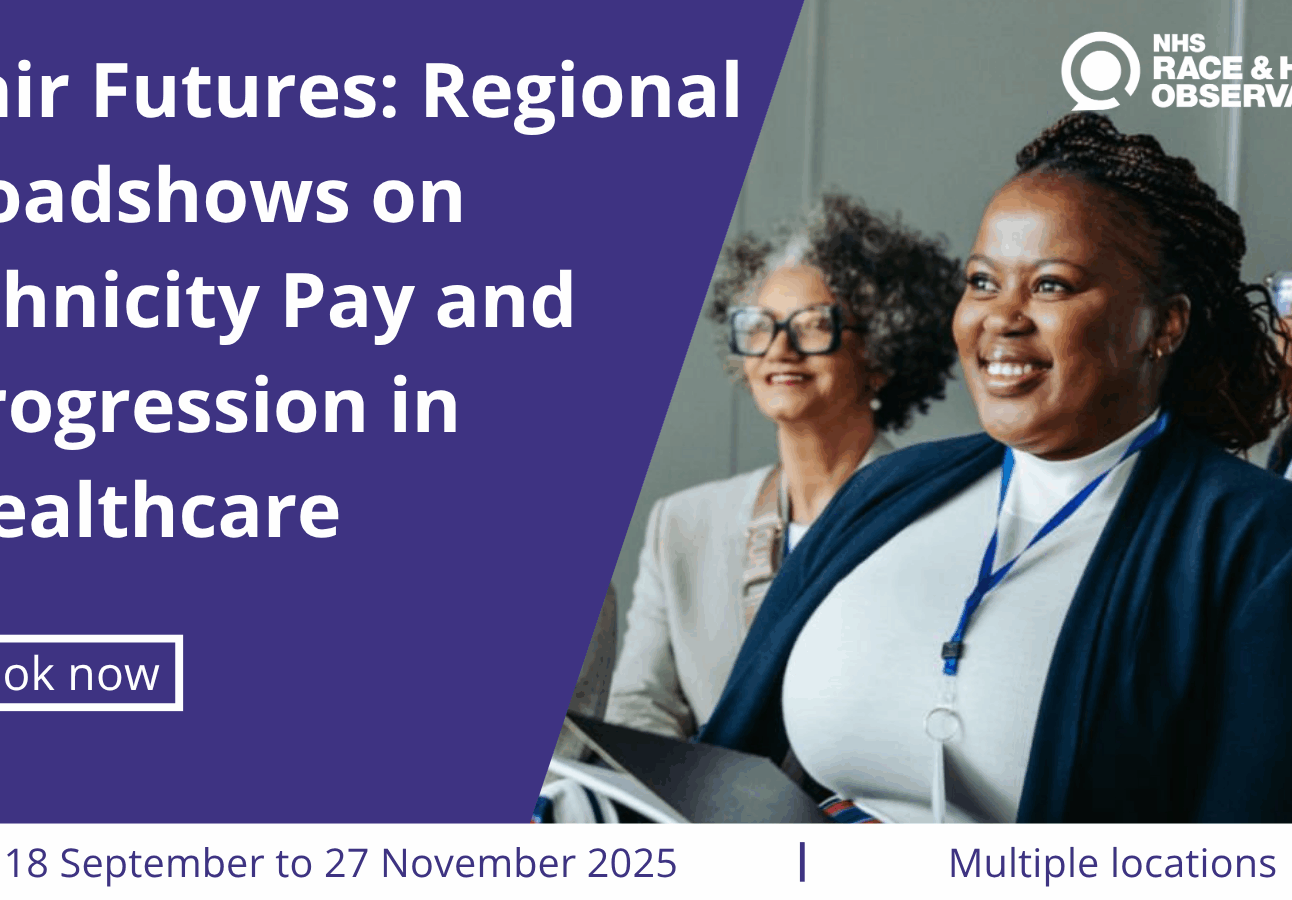
A series of national and regional roadshows launch in Manchester this week to address the ethnicity pay and progression gap impacting the NHS workforce.
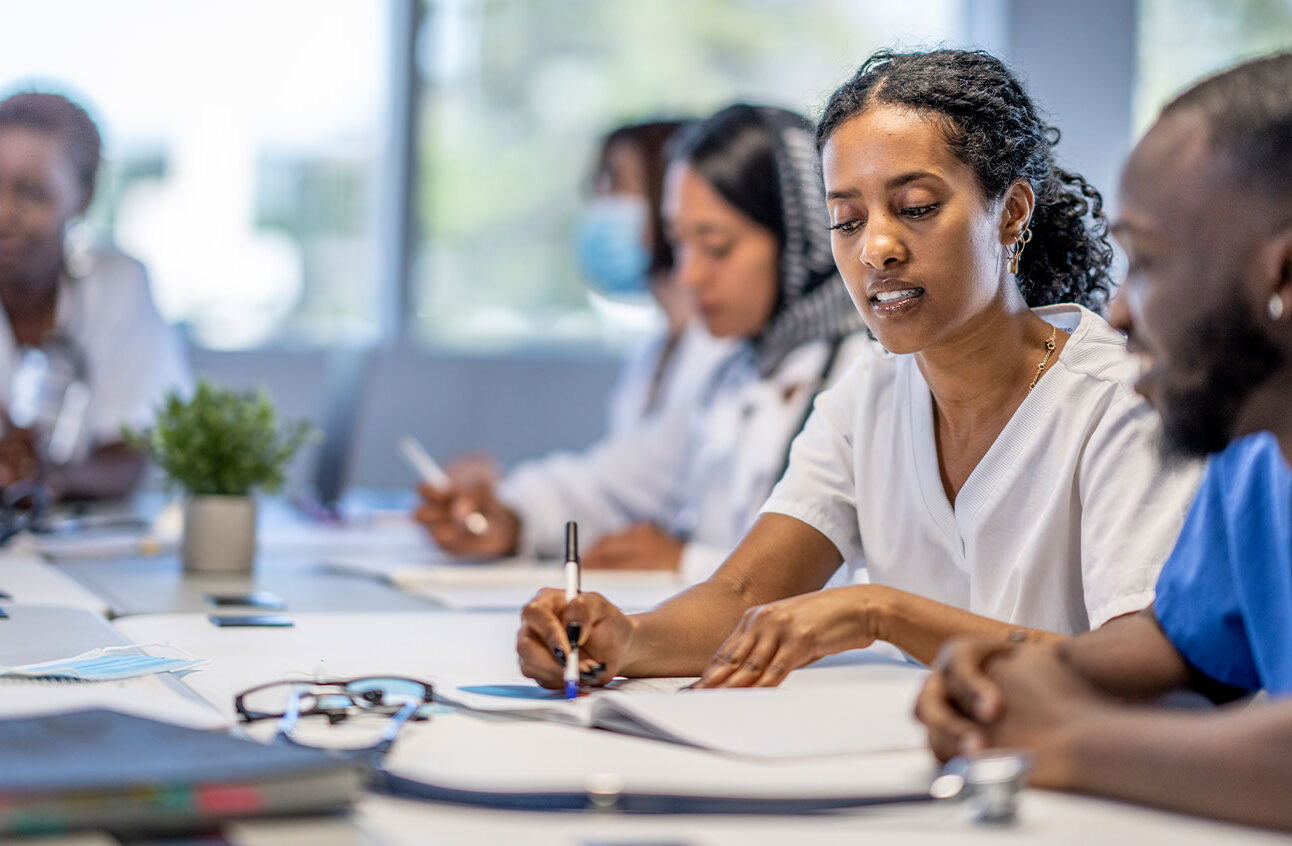
A series of regional roadshows, taking place across the country between 18 September and 27 November 2025, will bring the healthcare system and allies together to address equity in pay and progression for NHS staff from Black, Asian, and ethnic minority backgrounds.

We are inviting bids to develop an open-access image library to support the identication of common medical conditions in Black, Asian and minority ethnic mothers and babies.
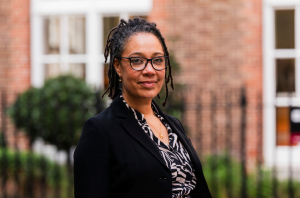
Responding to the Five X More 2025 Black Maternity Experiences Report, Dr Nandi Simpson, Director: Implementation, NHS Race and Health Observatory, said:
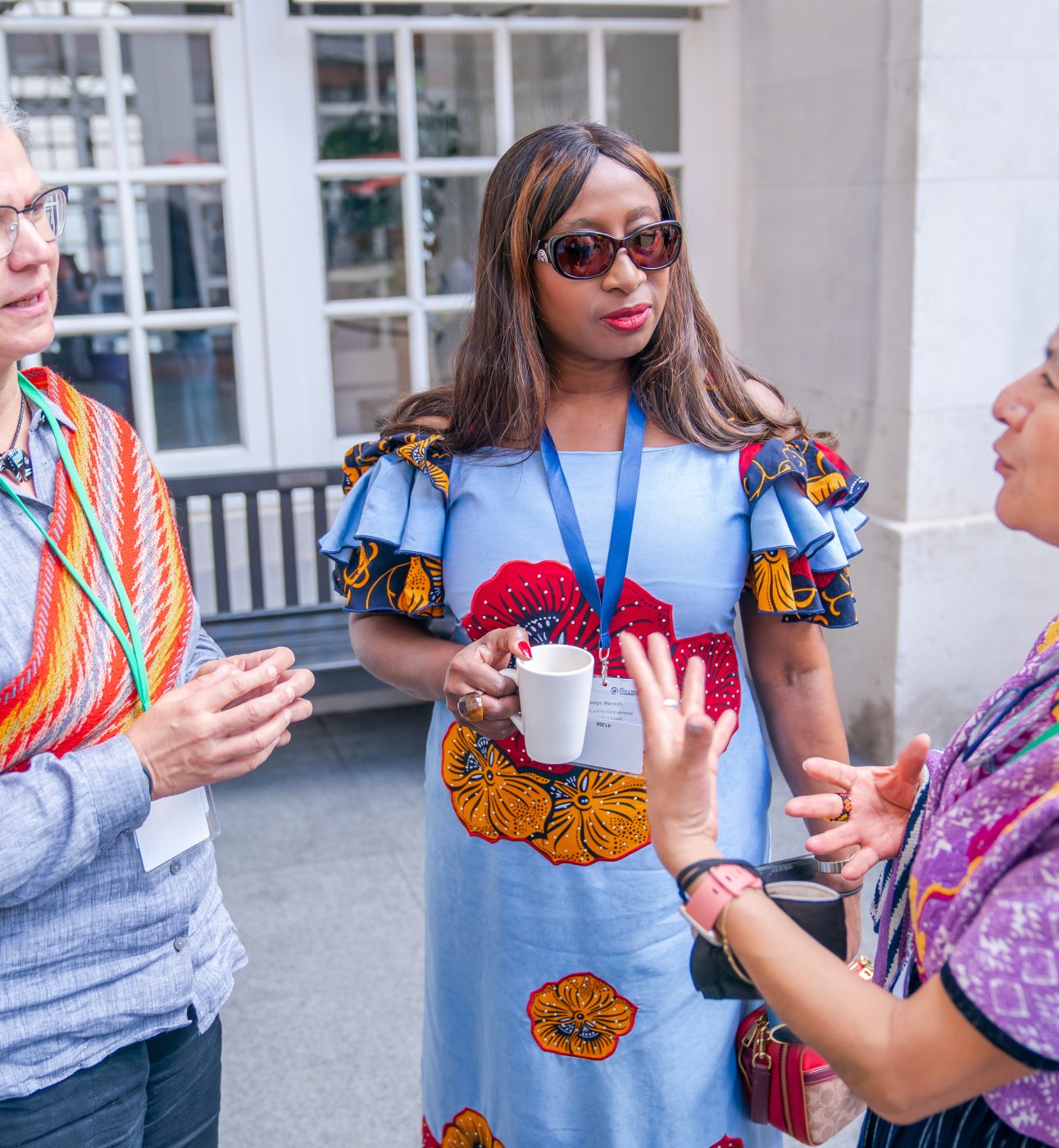
On 6 August, we will be launching a tender to commission the creation of a new, open-access resource enabling community participation and co-production with Black, Asian, and minoritised ethnic patients, communities, and staff.

After much anticipation and consultation, the government has released its 10 Year Health Plan to “fundamentally rewire” our NHS. Read our initial reflections.

Responding to the publication of the government’s 10 Year Health Plan, Professor Habib Naqvi, chief executive of the NHS Race and Health Observatory said:
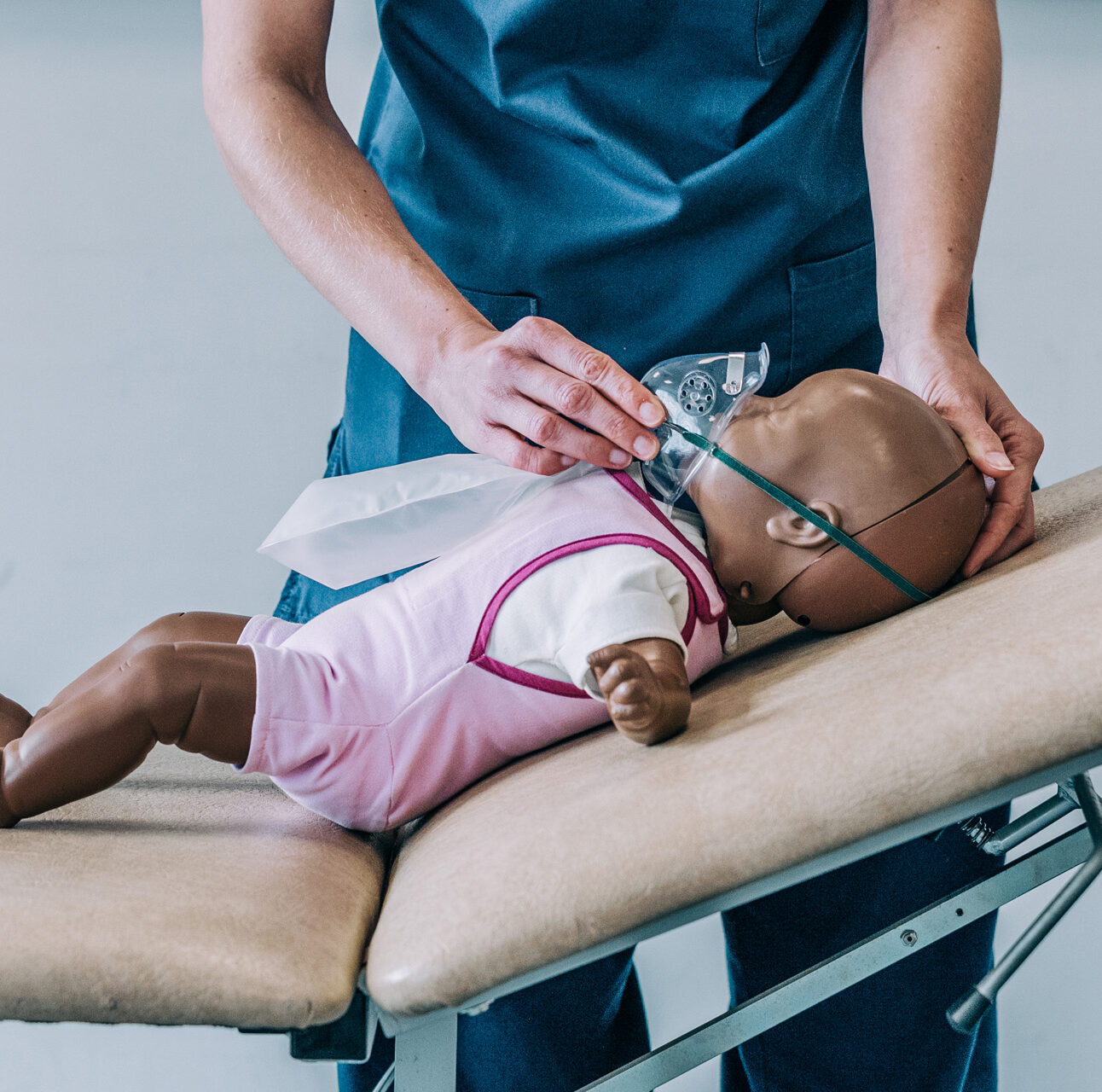
Teaching curricula widely studied by healthcare professionals working across the NHS are under review in an effort to improve patient care and reduce racialised health disparities.

Response to publication of the NHS Workforce Race Equality Standard (WRES) data analysis for 2024.
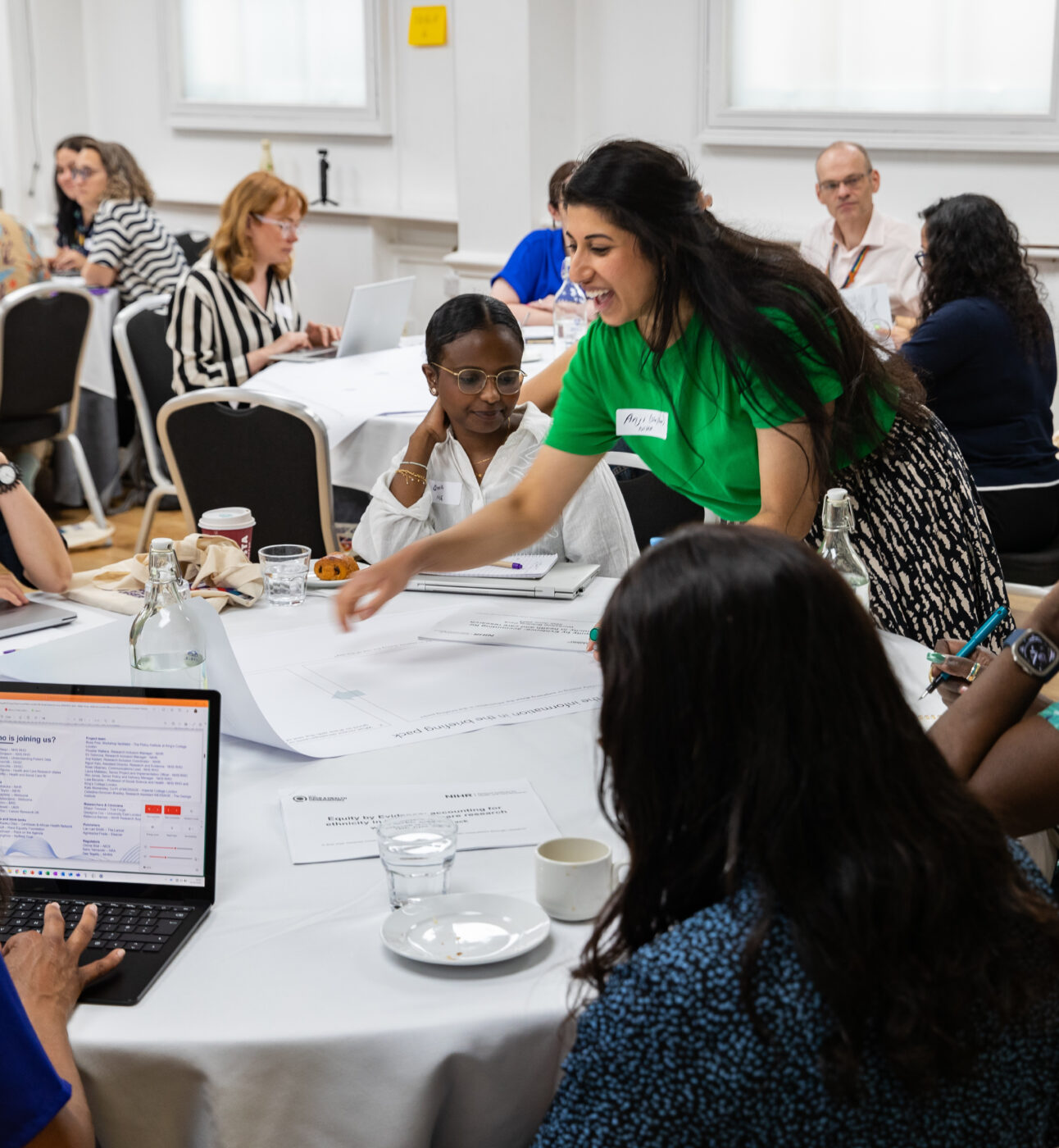
The under-representation of ethnic minority communities taking part in research, along with the lack of systematic data collection and reporting, will be investigated by national health and care research stakeholders.